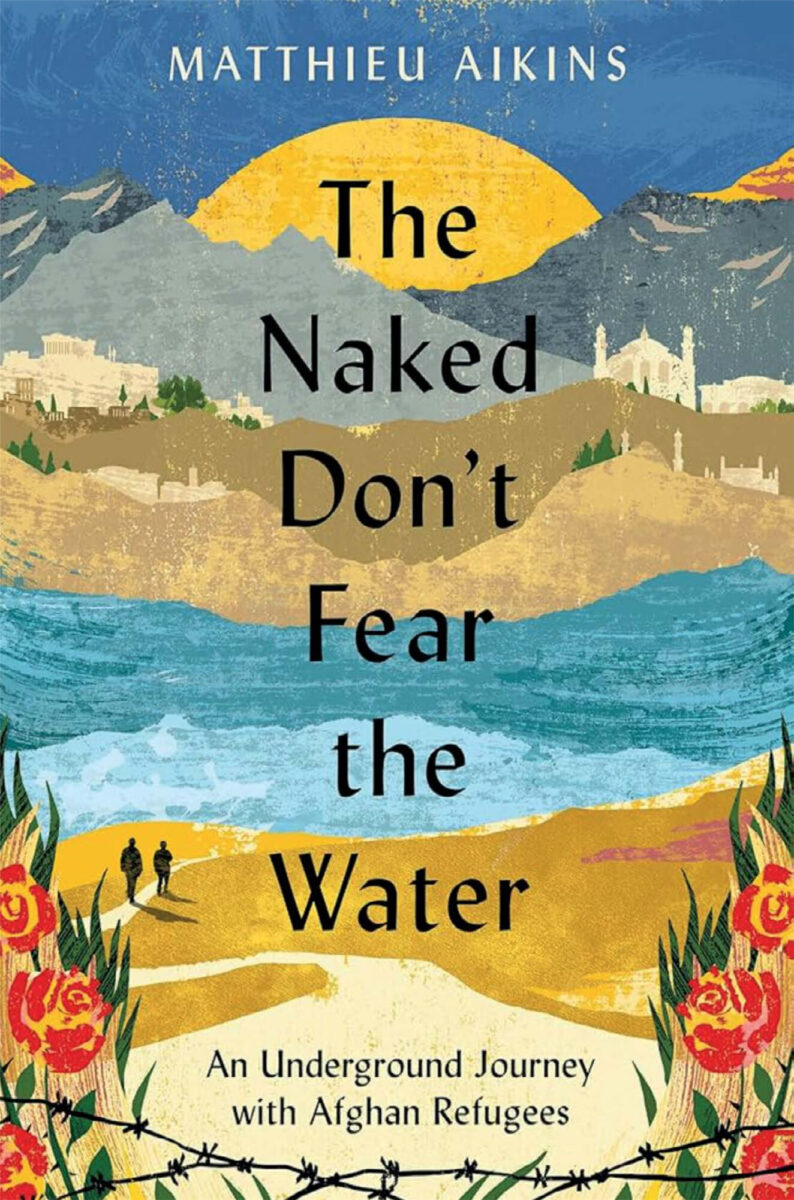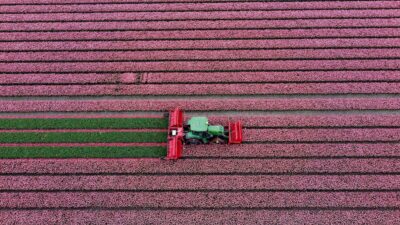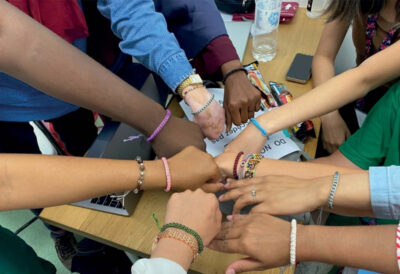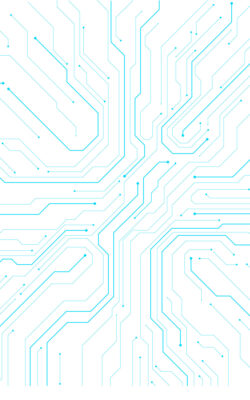Main content
The exact meaning of the Dari proverb “The Naked Don’t Fear the Water” eludes me, but I imagine it means something along the lines of “There’s Nothing Left to Lose”, a phrase which has the air of desperation. The life of the Afghan Omar, the main character of the book, was “coeval with the war on terror”. Omar was born in a refugee camp in Pakistan and grew up as a refugee in Iran. After the invasion of Afghanistan by the Americans, he, his family and thousands of other Afghans had returned to Kabul “eager to take part in the promised era of peace and reconstruction.” However, the older generations were wary of the international forces, as they had “once watched the Soviets with the same hooded look”. What a bitter feeling that must have given, watching the Americans leave in chaos a mere 20 years later, closely followed by the return of the Taliban. However, four years before this retreat even happened, Omar (again along with thousands of other Afghans like him) was again forced onto the smugglers’ road in a desperate attempt to find a better life in other parts of the world.

Harper, 02-2022
ISBN-10 978-0063058583
The Naked Don’t Fear the Water is the gripping, intimate, fly-on-the-wall account of the journey, and the decisions leading to this journey of a refugee from Afghanistan. The book weaves personal struggles faced by refugees such as Omar together with chillingly distant but immensely influential political affairs, such as the closing of the EU border in 2015, into an inseparable mess.
The strength of the book lies in the fact that it is mostly a first-hand account. The author Matthieu Aikins, whose physical appearance resembles that of a Hazara, an ethnic minority in Afghanistan, undertakes the smugglers’ road as an undercover journalist. He ditches his passports, becomes undocumented, and joins his friend Omar as a fellow refugee. As a reader you feel the weight of the decision to leave your home country, the uncertainty of the smugglers’ promises, the boredom of endless waiting for applications, and the powerlessness when stopped and humiliated by border guards. However, the reader stays permanently, soothingly, aware of the possible exit. Hamid, Aikins’ alias, is just one phone call away from reclaiming his “Aikins identity” and saying goodbye to being a refugee. For Omar this is not an option. Maybe the absence of this option, of the possibility to escape from the present situation, is the most distinguishing part of being a refugee. The impossibility of going back to one’s previous life and the gloomy uncertainty of the life ahead is what Aikins, and with him readers such as myself, will never fully understand.
MATTHIEU AIKINS
The Naked Don’t Fear the Water
An Underground Journey with Afghan Refugees
Aikins’ quote at the beginning of the book when describing his interaction with Afghans is also quite fitting in this setting: “There was a gulf between us, but I thought we could bridge it in our encounter as humans.” Can the gulf between refugees in Europe, the “newcomers”, on the one hand, and European citizens on the other, be completely bridged in our encounter as humans? Whatever the answer, the moral obligation to try remains.



















































